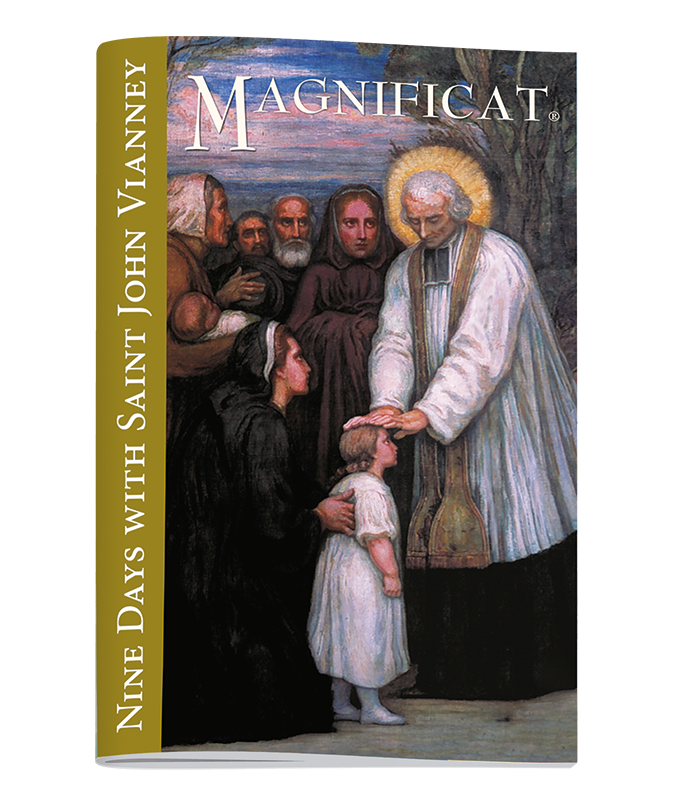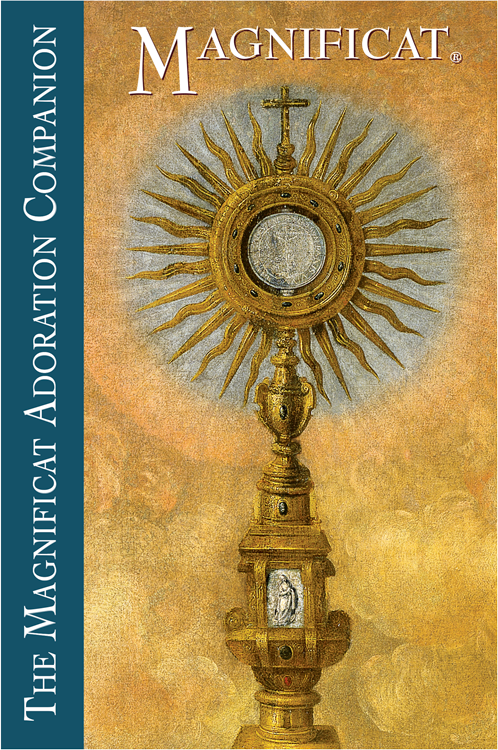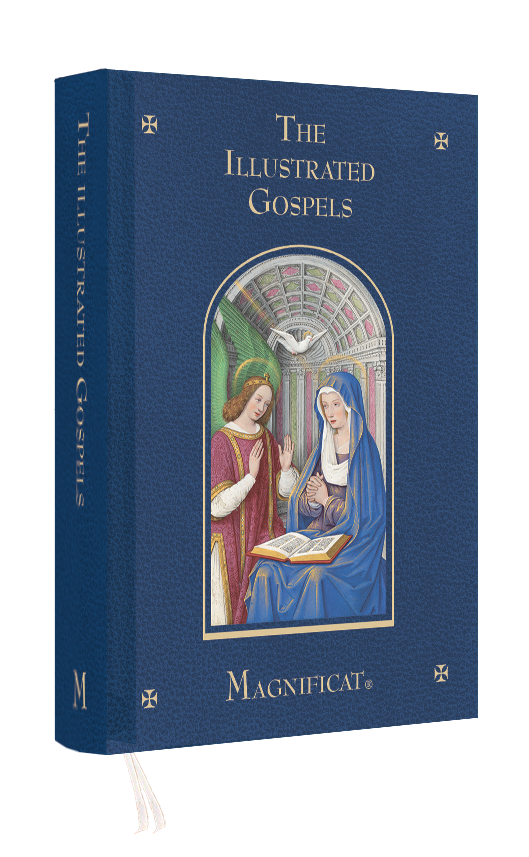Request a sample copy
Magnificat is a spiritual guide to help you develop your prayer life, grow in your spiritual life, find a way to a more profound love for Christ, and participate in the holy Mass with greater fervor.
Magnificat is a monthly publication designed for daily use, to encourage both liturgical and personal prayer. It can be used to follow daily Mass and can also be read at home or wherever you find yourself for personal or family prayer.
Every day, in a convenient, pocket-sized format, Magnificat offers beautiful prayers for both morning and evening drawn from the treasures of the Liturgy of the Hours, the official texts of daily Mass, meditations written by spiritual giants of the Church and more contemporary authors, essays on the lives of the saints of today and yesterday, and articles giving valuable spiritual insight into masterpieces of sacred art.












